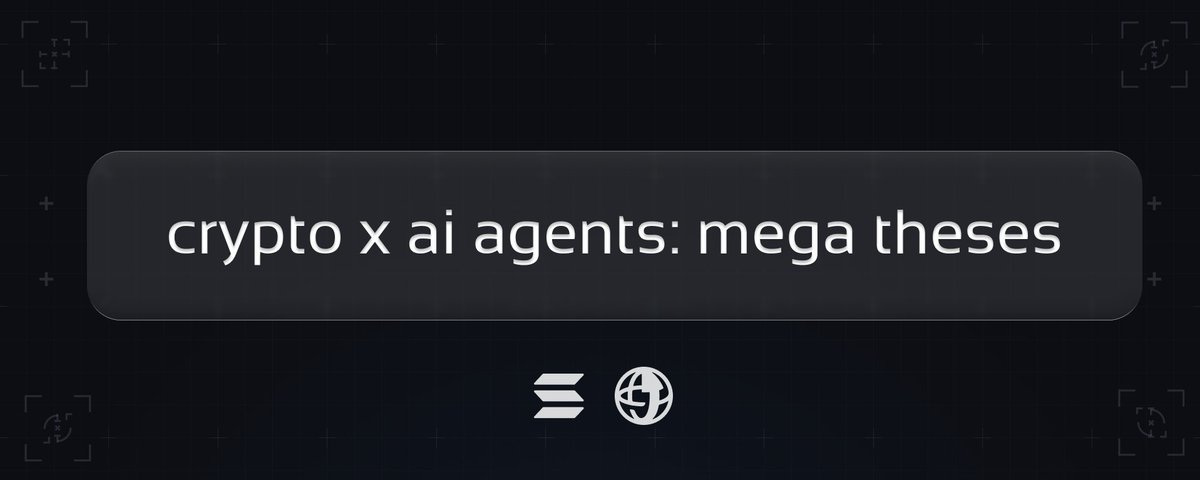

**Opera’s AI-Enhanced Browser: Advancing Research with Concurrent Task Management**
Opera has recently rolled out major improvements in its AI-enhanced browser, Opera Neon, aimed at enriching the user experience by effectively managing research activities. With the launch of a new agent, the Opera Deep Research Agent (ODRA), the browser seeks to offer thorough results by breaking down queries into multiple tasks.
### A Harmony of Agents Collaborating Seamlessly
Opera Neon was initially released with three browsing agents: Do, Make, and Chat. These agents support users in various undertakings, from information gathering to providing interactive tools. The addition of ODRA represents a crucial upgrade, especially for those needing extensive research functionality.
ODRA functions based on the concept of parallel processing, segmenting research queries into smaller, more manageable tasks. This approach permits multiple “researchers” to operate concurrently, similar to the distinction between a CPU and a GPU in computing. While a CPU excels at swift sequential tasks, a GPU is skilled at handling numerous smaller tasks at once. This pioneering method allows the browser to produce results more effectively.
### The Supervisor AI’s Function
After the subtasks are finished, a distinct AI, known as the “supervisor,” assesses the collated information. It decides if the outcomes satisfy the user’s request or if additional data gathering is required. This two-tiered approach guarantees that users are provided with detailed and pertinent information customized to their inquiries.
### Efficiency and Integration
Opera claims that extensive research sessions generally range from 5 to 20 minutes, with ODRA performing exceptionally well in the DeepResearch benchmark, coming in just behind Google’s Gemini 2.5 Pro Deep Research model. For users of Opera Neon, ODRA will be woven into the current array of agents, ensuring a cohesive experience alongside Made, Chat, and Do.
A sample prompt for ODRA might be: “Investigate and evaluate the latest innovations and groundbreaking theories within the domain of game design, specifically including recent developments regarding established frameworks like MDA (Mechanics-Dynamics-Aesthetics).” This functionality underscores the browser’s ability for thorough analysis and research.
### Subscription Structure
Opera Neon follows a subscription structure, priced at $19.99 per month. Interested individuals can sign up for the waitlist on Opera Neon’s official site to access these advanced features.
In summary, Opera’s cutting-edge strategy to agent-based browsing through the incorporation of ODRA signifies a notable advancement in how users can carry out research online. By utilizing AI to manage tasks in parallel, Opera aspires to offer a more effective and comprehensive browsing experience.